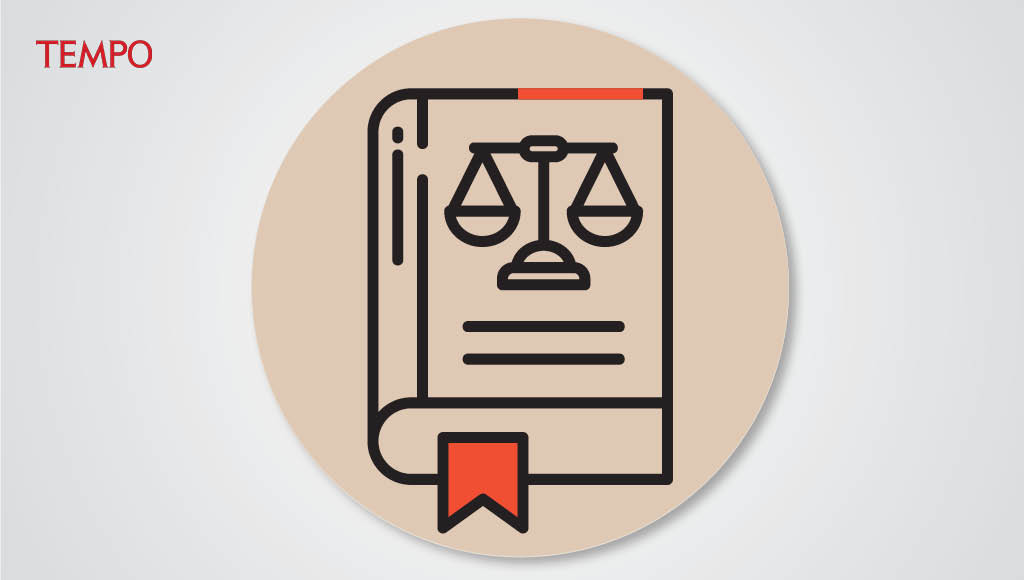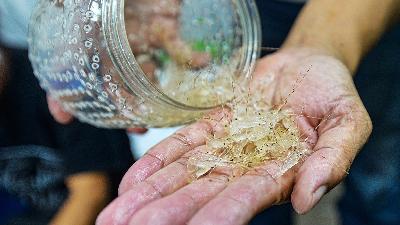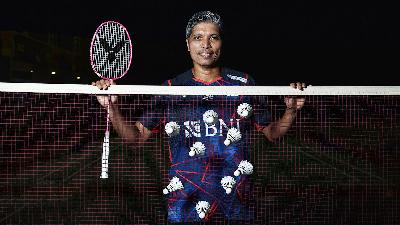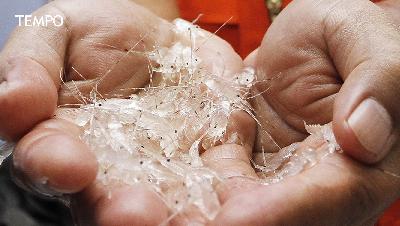Academic Misconduct on our Campuses
The image of our higher education is once again damaged by revelations of alleged academic misconduct in scientific publications by a professor. Policies and a lack of integrity are the root of the problem.
Tempo
April 22, 2024

PROFESSOR Kumba Digdowiseiso has been remarkably ‘productive.’ Although it is only April, the Dean of the Economics and Business Faculty at the National University, Jakarta, has already published 160 scientific articles in journals this year alone. This means he has published at least one article every day. Unfortunately the professor’s ‘productivity’ has revealed the dark side of higher education in Indonesia.
Kumba’s scientific publications have exposed the lack of honesty of academics at universities. Many professors, the highest academic ranking for lecturers, have committed academic "crimes" when publishing the results of their work in both reputed domestic and international journals. They have committed plagiarism or paid other writers. There has been widespread buying and selling within academic publishing involving syndicates. Students who these academics are supervising have often become victims.
These lecturers are trying to achieve the target for the number of papers published in academic journals stipulated in State Apparatus Empowerment Ministerial Regulation No. 17/2013 on Teachers and Lecturers. In the last six years, the number of scientific articles published by Indonesian academics in international journals has risen sixfold to around 50,000 per year. A large number of scientific articles under the name of Kumba have been mentioned by Retraction Watch.
The conduct of Kumba and many other academics, including professors, stems from several factors. The first is policy, both at the government and campus level. The nexus between government policy and the interests of campuses has led to an increase in academic crime. For example, there is the need for accreditation of universities, which among other things is determined from the number of research points and scientific publications, particularly in reputable international journals, and the number of professors. The number of publications is also used as a way for universities to become state-owned legal entities and to improve their rankings. In the end, the process of selecting professors becomes less strict, including with regards to monitoring research and the publication of scientific papers. The number of professors has increased significantly, but some of them do not have sound academic knowledge.
At the individual level, in order to increase the number of scientific publications, many lecturers and professors take shortcuts in a way that lacks integrity. Doing research and writing scientific articles is no longer an implementation of the Three Principles of Higher Education—providing education, carrying out research and serving the people—but of self-interest. This could include receiving remuneration or achieving the credit score necessary for an increase in status or position, including becoming a professor.
This state of affairs cannot be allowed to continue. The dignity of scientific publications must be restored, as must the dignity of professors. The publication of scientific articles resulting from research is the basis for thinking about how to bring about scientific advances. It is impossible to imagine what would happen if lecturers, yet alone professors, no longer did any research or wrote proper articles: science could grind to a halt.



